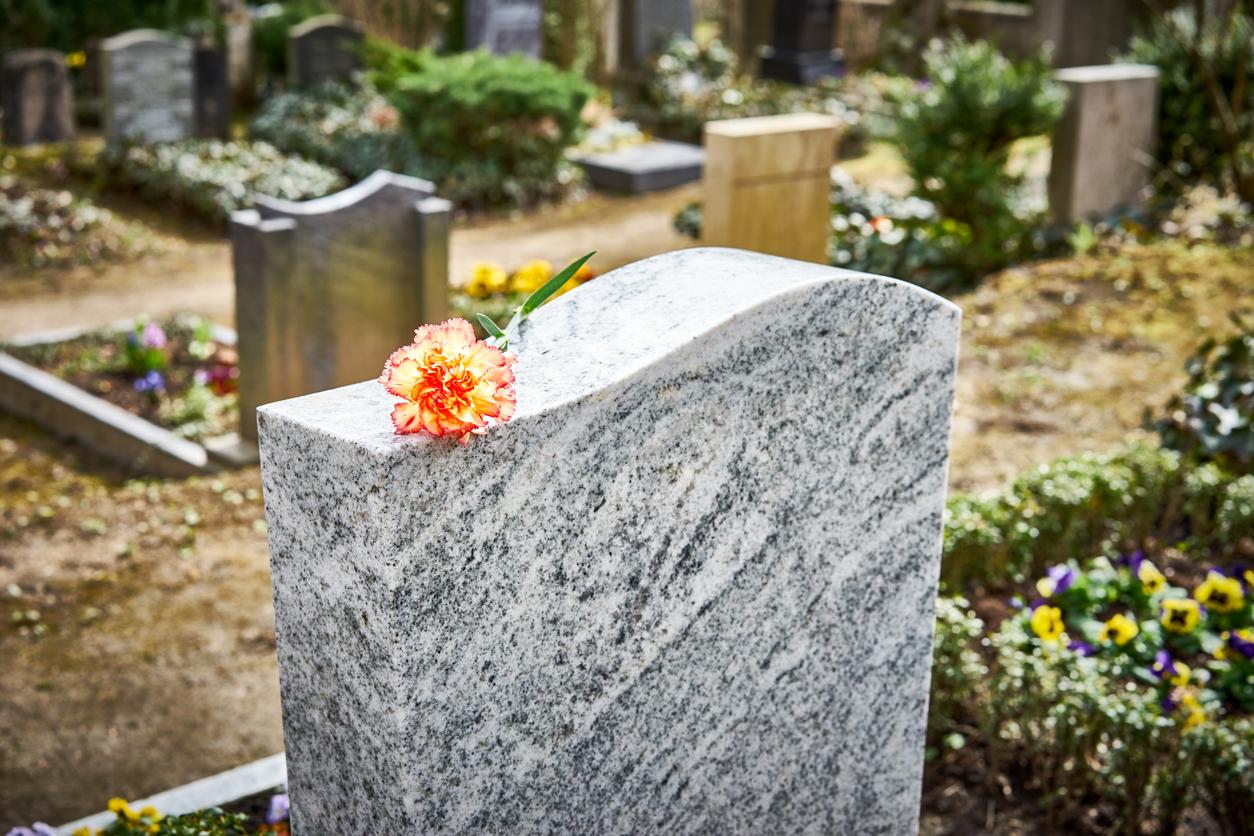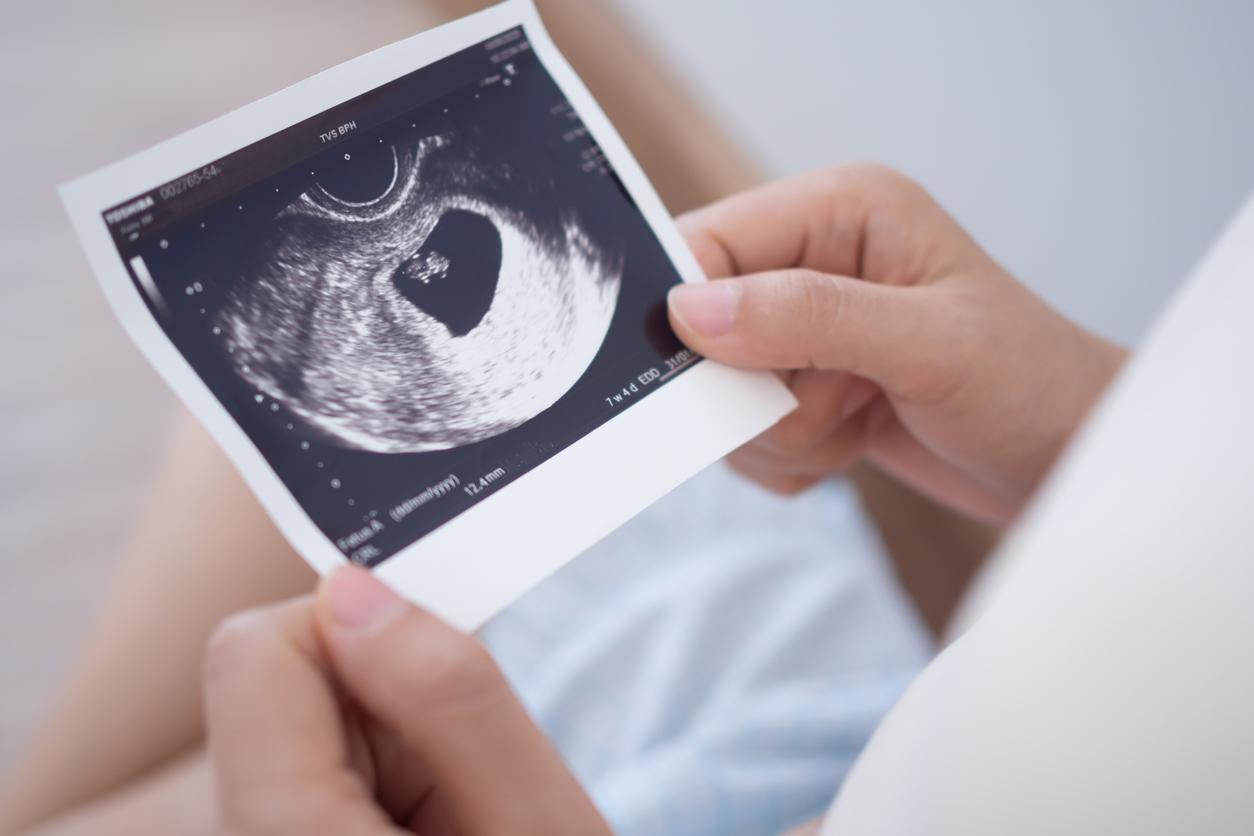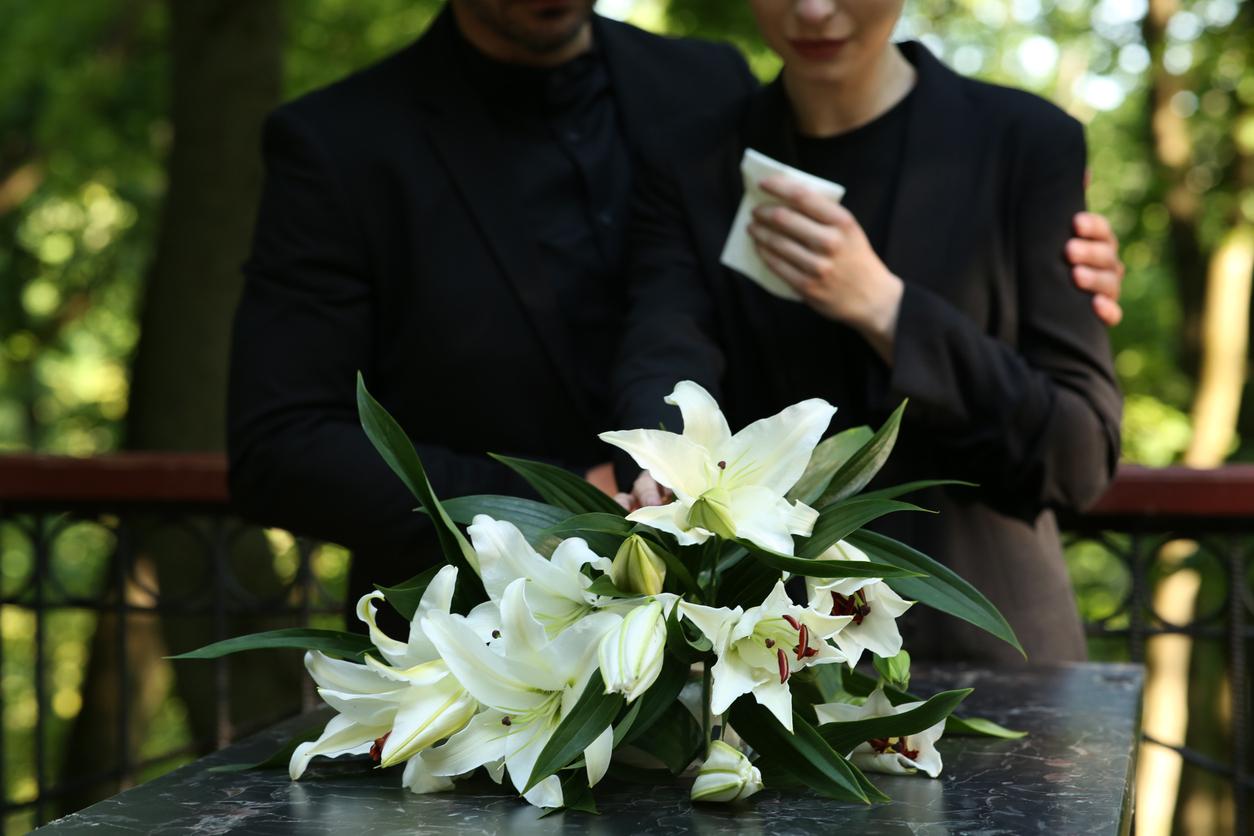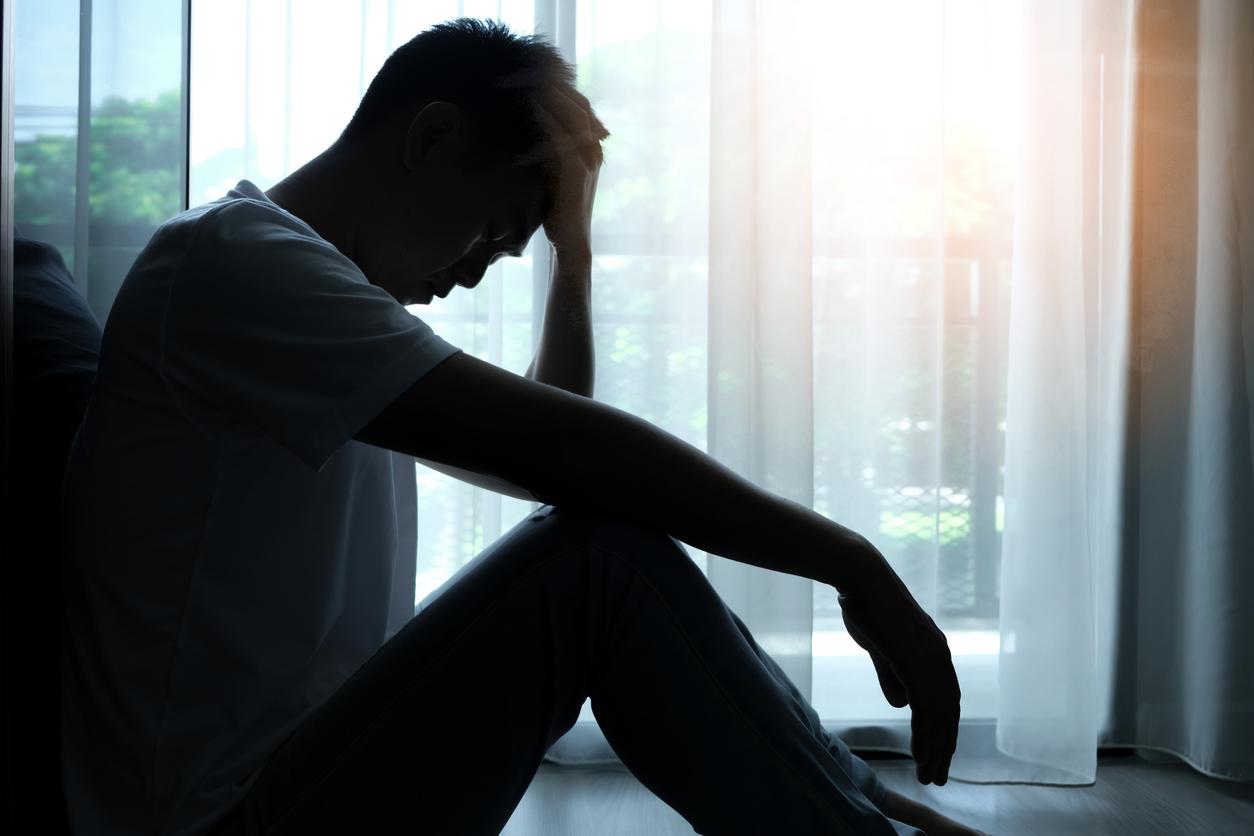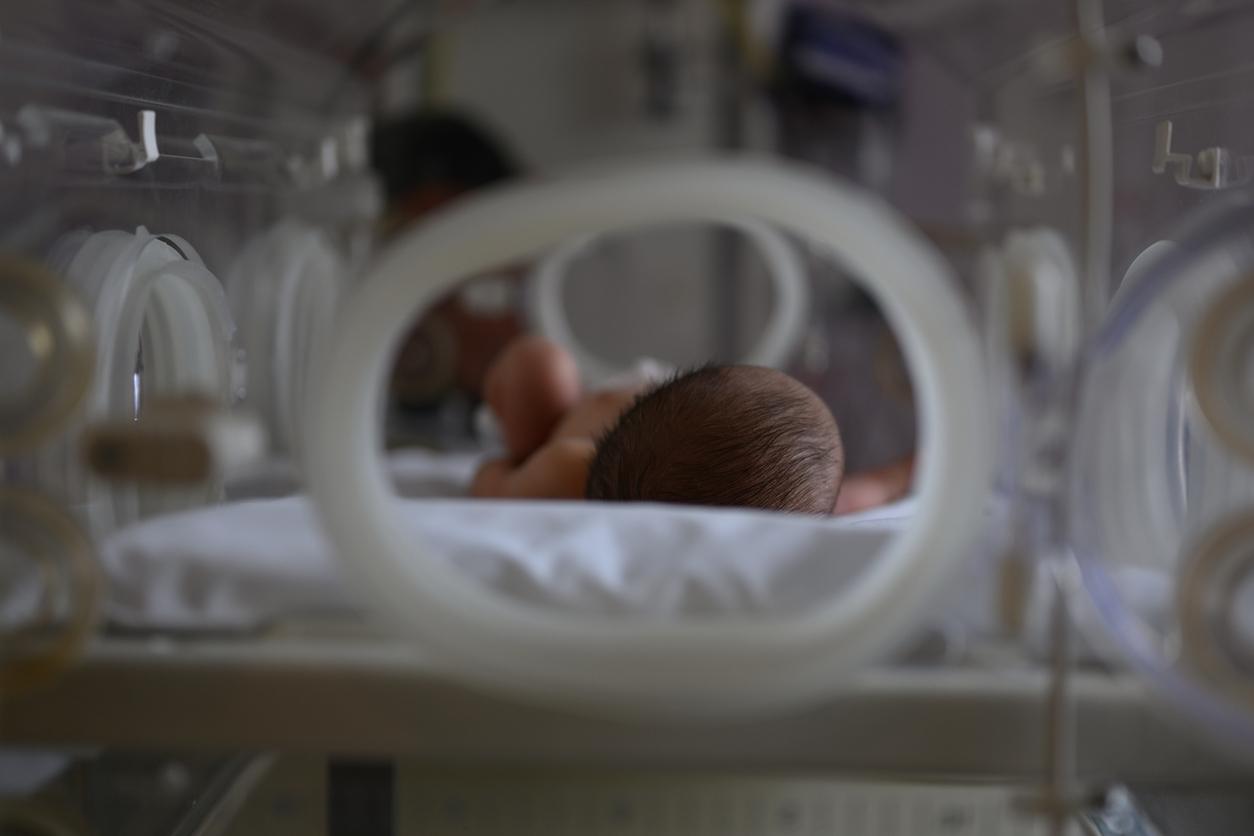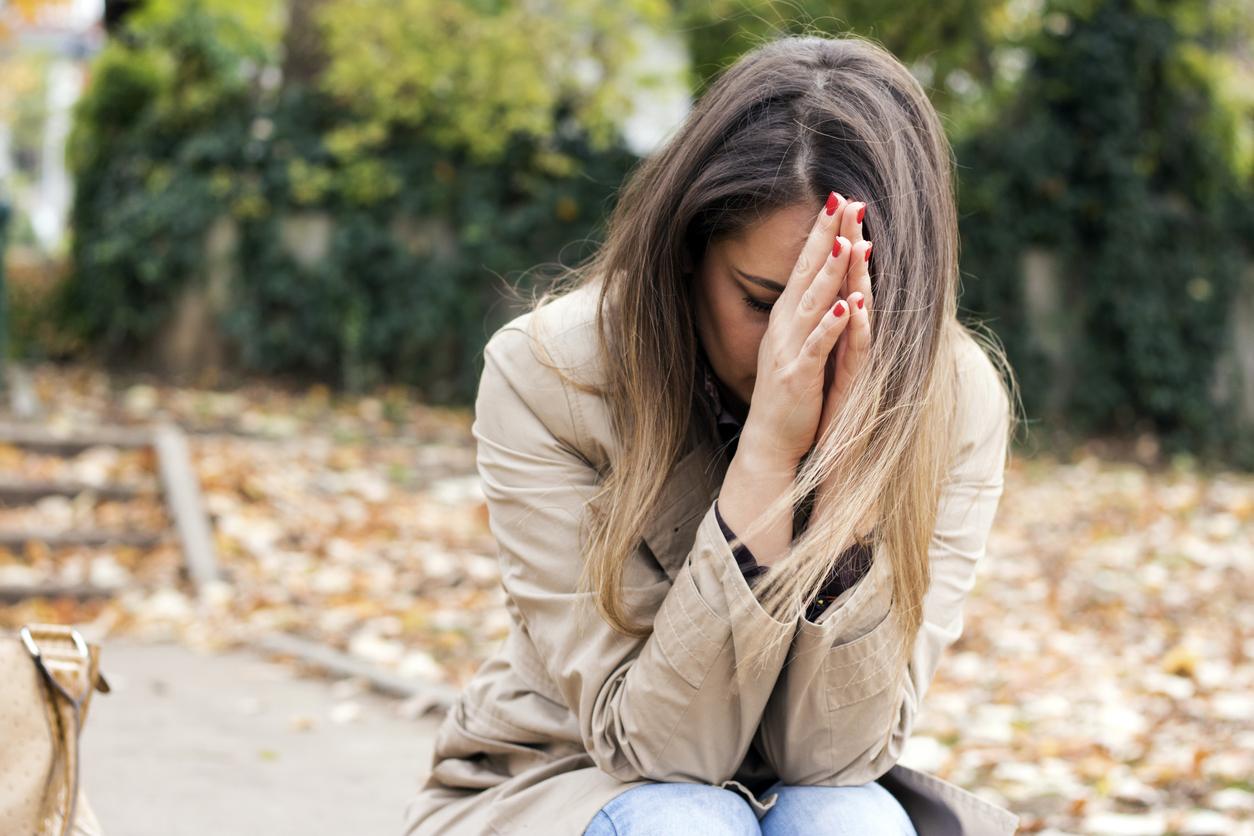Marie-Christine Laville, end-of-life doula, accompanies the dying and their loved ones in this complex moment.
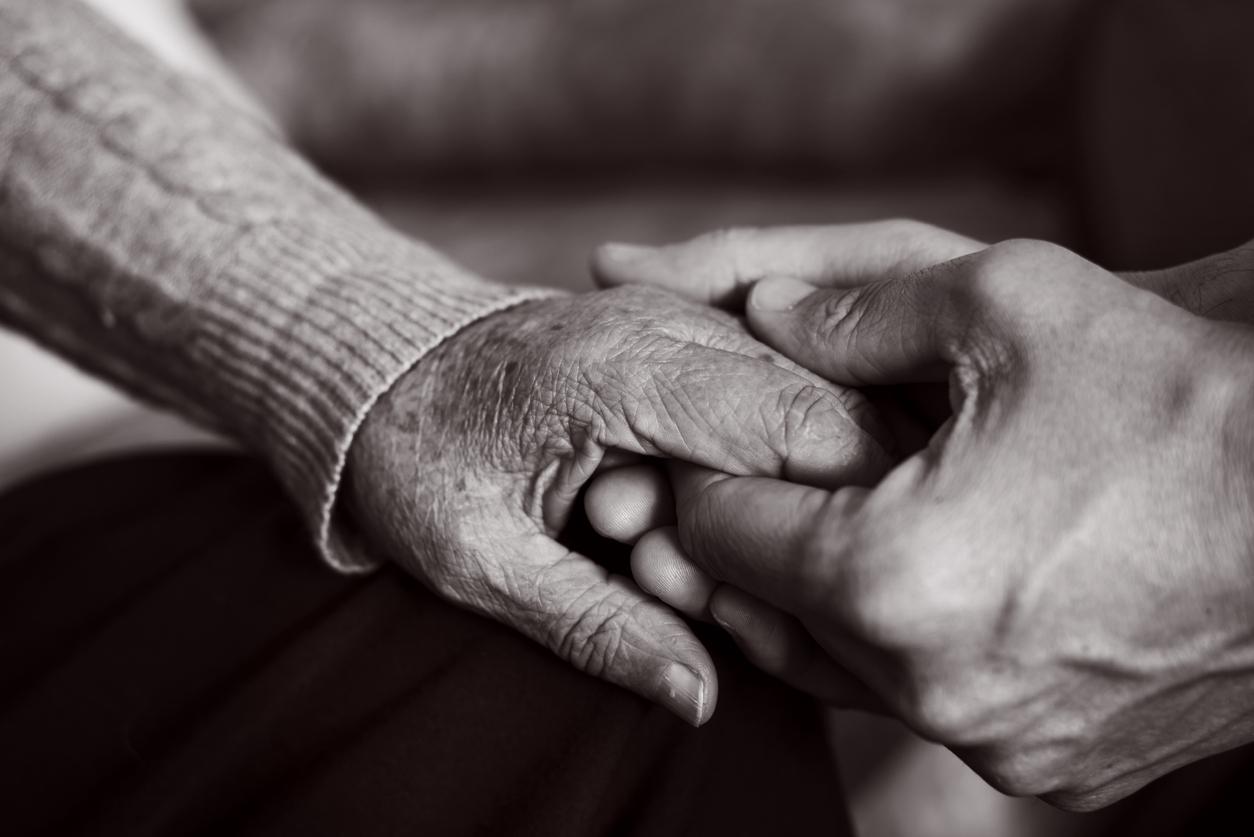
Why Doctor: what does the job of end-of-life doula consist of?
Marie-Christine Laville : We have forgotten it, but end-of-life doulas have existed since the dawn of time. In tradition, not necessarily religious by the way, there has always been someone who stayed with the dying: a lady, a neighbor, companions…
The profession of end-of-life doula comes from this story. We accompany and assist on request people with a life-threatening illness at home, their loved ones and the bereaved afterwards.
We help the dying in their journey in the face of an imminent death. The doula helps the person to plan their last wishes as well as the environment in which they will leave. She is also present for the family, often very alone in these complex moments. It is also important to know that we have a secular and non-religious approach. We respect all cultures and religions.
The doula is paid. This is important to know, because it has a cost. However, it falls within the case of service to the person. Families can benefit from tax credits. An association was recently created in order to collect funds to be able to help finance the accompaniment of people in mourning at the end of life who have little means.
“In France, you can die with dignity. But what is missing is presence”
Concretely, how is the support going?
Most often, I am contacted by the sick person or his family. During the first meeting, I have a questionnaire: I ask questions to find out about the environment, the family, the loved ones, how they experience their illness, how they also learned about it. Sometimes it’s a shock. Then we see if it will stick or not. The person needs to feel comfortable with you. It’s a contract, if the dying person doesn’t agree, I don’t sue even if the family asks.
During the accompaniment, you need a lot of benevolence, because you can see that in France, you can die with dignity. We have the tools for that. But what is missing is presence.
The doula gives time. Unlike healthcare professionals who are overworked, she is not in a rush. She will put herself in a state of being and mind that will respect the values and beliefs of the other and accompany her on her journey.
Indeed, it is not always easy to tell everything to those close to you. The doula is there to collect their concerns and thoughts. I ask them what they want me to restore after their death. It’s like I’m making a link for after.
As part of the accompaniment, we can do a massage, reflexology or meditation exercises depending on our specialties. However, we do not care. We do not replace healthcare professionals.
On the other hand, I can coordinate the caregivers. That is to say that if I intervene with the family, I can accompany them to the hospital for a visit, carry out administrative procedures for the person if they request it.
“It’s as if we no longer had the instructions to accompany our loved ones”
And for families, what do you do?
I am also there, in fact, for the relatives who wish it. For example, I accompanied a family who no longer knew how to react to their dying loved one. One of them said “what am I doing?” I just said “stay with her”. It’s little things that people have lost. It used to be that we talked about death. It was also closer because people would die faster. Now it doesn’t. really part of our daily lives. Both the sick and their loved ones really need accompaniment and support. It’s as if we no longer had the instructions for accompanying our loved ones or telling them “I love you ”.
At the same time, the disease is difficult to manage for many people. The body deteriorates, you become unattractive, you hurt everywhere. Relatives are no longer used to this contact and do not dare touch the patient. The end-of-life doula will be able to do this: it can help to approach death with kindness.
In addition, supporting bereaved families is also part of the doula’s job. What you need to know is that loved ones call on us to accompany their dying, but often they continue to see us afterwards because we are a bridge with their mother, their father, their deceased. With a doula, the person can relate everything emotionally. We help them understand what death is, what mourning is…
“Talking about death does not cause death and it helps to age better”
Isn’t it difficult for you to rub shoulders with death so regularly?
I don’t accompany people at the end of life every day, I end up accompanying the bereaved more. When I accompany someone at the end of their life, I will also accompany families and loved ones in bereavement follow-up. So that strikes a balance. Moreover, at the same time, I am followed. I think it’s important for a doula to have therapy so they can bounce back and talk too. We have also set up an association for end-of-life doulas to be able to discuss together, because we are isolated professionals.
Then, it is important to say that talking about death does not cause death. It even helps to age better because you are clear with yourself and your loved ones.









